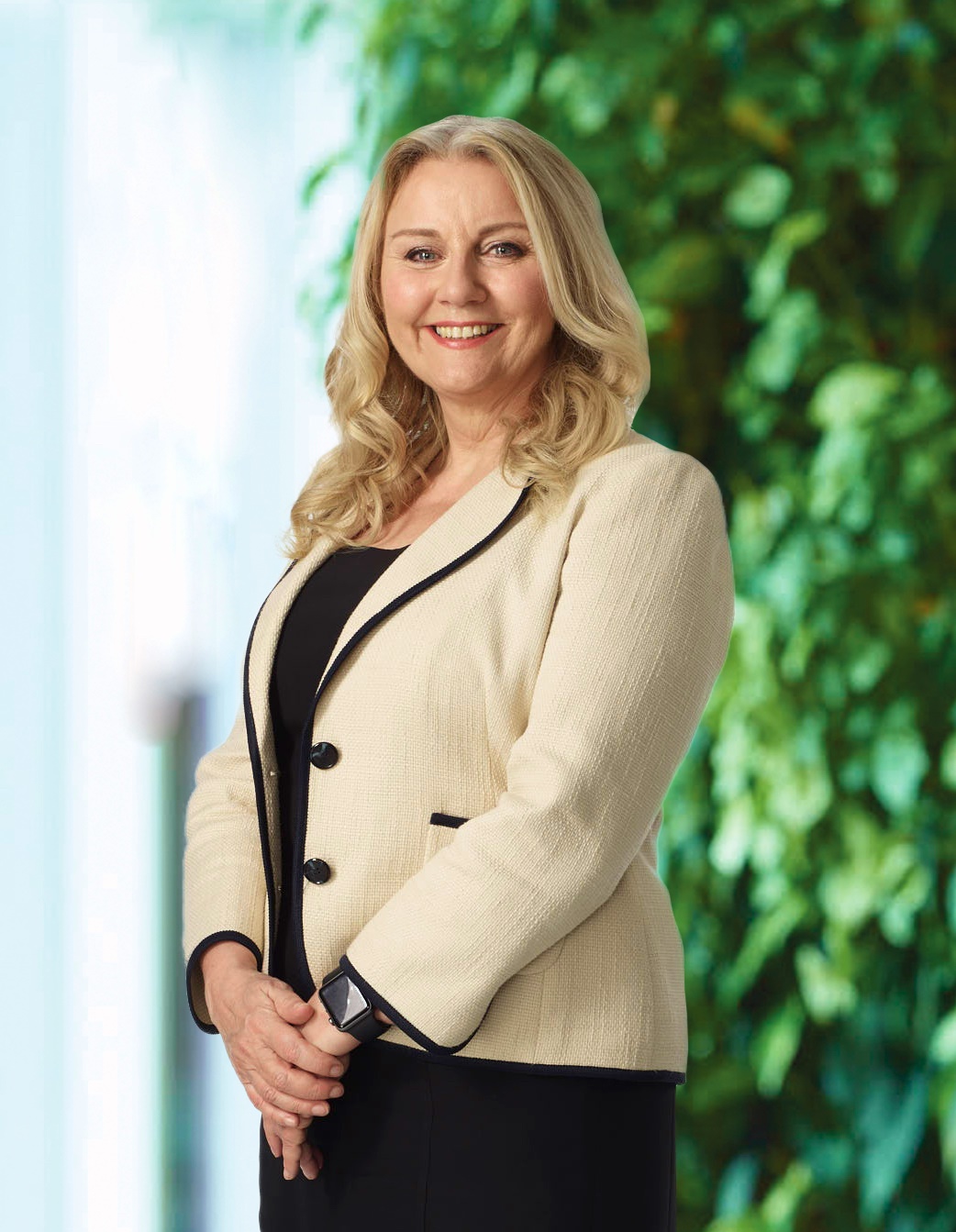29.07.19
Celebrating a decade of local government shared service success
Anwen Robinson, UK operating officer at TechnologyOne celebrates a decade of shared service agreements and the savings they have brought to UK local government.
Over £1.34 billion in cumulative efficiency savings has been made from 626 shared service arrangements across the country, according to the Local Government Association (LGA), with £200m in efficiency savings made during 2018/2019 alone. This comes nearly a decade and a half after the launch of the Transformation Government whitepaper, where the Government introduced the idea of shared services as a way to “do IT differently”.
While austerity measures have supported the shift to shared services frameworks in recent years, the desire for greater efficiency, resilience and innovation has always been the key driver.
From fostering cross-organisational IT integration, skills and resource sharing, to meeting citizen demand for greater service consistency in an increasingly digital age, today shared services are no longer considered revolutionary– it’s simply a more cost-effective solution for local governments seeking to do more with less.
Shared service success
According to LGA data, 98 per cent of councils have now committed to some sort of sharing arrangement, with 182 partnerships established between 2015 and 2018. That’s quite an increase, considering there were just 74 agreements in place in 2010.
There are some great examples of local government organisations successfully implementing shared services agreements.

Anwen Robinson, UK operating officer at TechnologyOne has celebrated a decade of shared service agreements and the savings they have brought to UK local government.
Cambridge City Council, South Cambridgeshire District Council and Huntingdon District Council took a slightly different approach to shared services. The three councils commenced a shared services programme in 2015, where each took on a lead role for the operational delivery of ICT, legal and building control, while remaining independent entities.
Efficiency savings were not the only driver, with the councils seeking to increase collaboration and innovation by investing in technical roles that would accelerate the redesign of manual processes into digital services.
Before adopting a shared ICT approach, the authorities spent a combined £5 million on IT alone. With a target to reduce that cost by 15 per cent per annum, the authorities reduced the number of applications in use across their councils from 284 to 222, saved over £800k on their pre-shared service ICT expenditure, and are now well on their way to reaching their 15 per cent savings target.
Bromsgrove District Council and Redditch Borough Council also share a broad range of services from ICT, procurement and regulatory services to policy, administration and customer services. As part of their shared service agreement, the councils rationalised their legacy financial, supply chain management and human resource and payroll systems, replacing these with one integrated enterprise SaaS solution to reduce costs and drive greater efficiency.
Councillor Bill Hartnett, leader of Redditch Borough Council said the shared service agreement has simplified operations and delivered tangible outcomes that will benefit its community.
Cllr Hartnett said: "The transformation programme has improved service delivery and saved the council millions of pounds."
Shared services in 2019 and beyond
The resilience of local government has been tested over the last decade, but the shift towards shared services is recognised as one of its real achievements.
Although we cannot predict the future, we can comfortably speculate that local government budgets will not recover to pre-austerity levels any time soon.